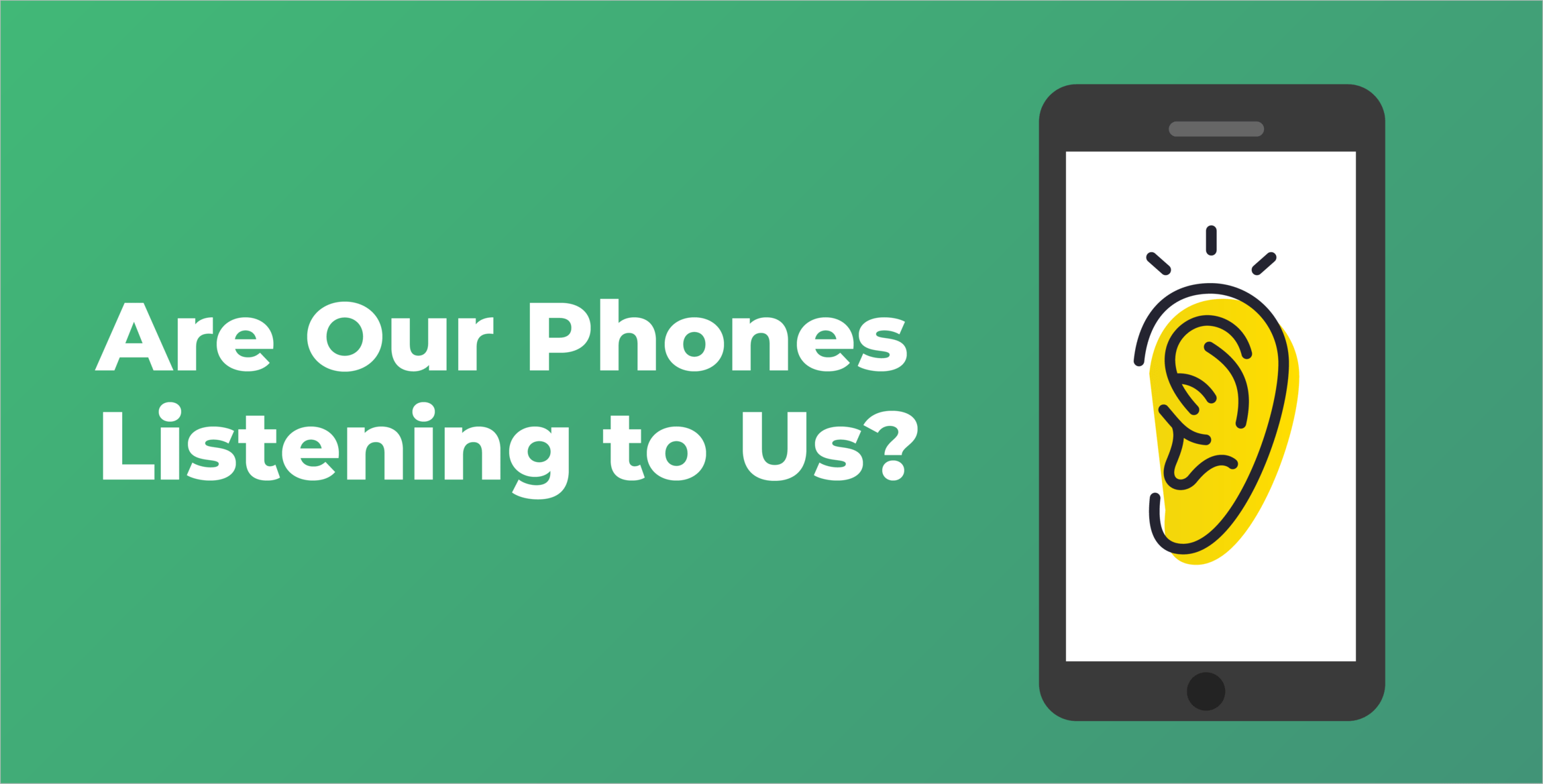You’ve almost certainly utilized Voice Technology at some point today. Voice commands have become as common as breakfast, from ‘Hey Siri, set an alarm’ to ‘Alexa, play my song’. Voice searches account for 20% of all Google App searches.
That is not all. Nina, Silvia, Dragon, Jibo, Vokul, Samsung Bixby, Alice, and Braina are also available! According to a report by Techcrunch, “smart devices like the Amazon Echo, Google Home and Sonos One will be installed in a majority – that is, 55 percent – of U.S. households by the year 2022” . The number of speech technology users in the United States of America has increased by 128.9% by 2021.
You must have noticed, however, that not all Nearshore Mobile App Development in Mexico enable voice navigation, at least not well enough. Given how popular voice technology is, mobile app developers must improve their game and create better voice interfaces.
This blog article will go over the rise of speech technology in mobile apps, what makes it tick, and how to develop the voice ecosystem to make mobile apps more conversational.
We were amazed for much of the nineteenth century that we could use a phone to chat to a friend on the other side of the world. But now we can genuinely communicate using the phone. So, you can ask Siri to contact your mother, Cortana to buy pizza, or Alexa to lower the lights and play a song.
“40% of adults now use voice search once per day,” according to CampaignLive.
The human species learned to communicate by speech first, and then through text. In the case of technology, though, things went the opposite way. We’ve been using text to operate our computers and phones for a long time, and voice has just recently emerged as a significant channel for human-computer interactions. Voice search and voice commands have crept into our daily lives thanks to the advent of smart speakers such as Siri, Cortana, Alexa, and Amazon Echo. According to GeekWire, Amazon sold 4.4 million Echo units in its first full year of sales.
So why not? Voice technology has tremendous benefits to offer in mobile app development. Voice search allows users to multitask and create strong customer relationships, in addition to providing an excellent user experience and speedier search results.
So why do mobile apps need voice navigation?
Let’s look at some of the most significant advantages of voice technology for mobile apps:
Improved navigation
It’s just easier to ask for something than to type it out. According to a Stanford University study, people can speak up to three times faster than they can type on a mobile device. For today’s clever clients, who are now pampered by the magical-like abilities of ‘OK Google’ and ‘Hey Siri,’ simply pulling out your phone, unlocking it, launching your preferred app, and then typing out every single letter can appear to be an awful lot of work. Voice navigation enables mobile apps to pamper their users in the same way, allowing them to complete tasks more quickly and provide wonderful user experiences.
Multitasking
With your hands covered with flour and eggs, did you forget the following step in the recipe? Consider typing a query right now. Voice technology enables users to multitask effectively by allowing them to use mobile apps while performing other duties such as commuting, exercising, or, of course, baking shortbread cookies.
The element of surprise
Since we’ve been typing commands for more than two decades, voice commands are a source of delight for consumers. Simply telling the mobile app what you want and having it execute it for you makes users pleased, which obviously increases engagement and stickiness.
Better search
Voice control smartphone apps provide a far superior search experience. Instead of requiring users to specify their search criteria and then categories, voice search can be tailored to provide more specific results. When creating voice commands, you can specify synonyms to ensure that users obtain the required results regardless of what they say.
Enhanced inclusiveness and accessibility
Voice control smartphone apps are more accessible to everyone, including the disabled. Voice instructions may be easier to use than typing for people with poor visual or motor abilities. Voice technology in many languages also makes your Mobile App Development Company in New York more accessible to individuals of different languages, whereas typing in numerous languages might be time-consuming.
To summarize, incorporating voice navigation and voice search in your mobile app can have numerous advantages for improving user experience and increasing app engagement.
Artificial intelligence and natural language processing have advanced significantly, and speech technology is now widely used on Google and Apple. However, the problem remains that very few mobile apps provide acceptable voice-controlled functionality. Ok Google and Hey Siri do not work within specified apps, and these apps have limited or no speech interfaces. Those that do aren’t up to par with the voice experiences people have come to expect from Google and Apple.
This needs to change. Understanding the challenges of producing effective voice-integrated mobile apps can help us create long-lasting solutions.
Some of the challenges to voice tech are discussed here.
1. Pronunciations
A slight variation in how various words are spoken can result in a completely unrelated sentence that throws the search results in a completely other direction.
2. Languages
Voice recognition might be complicated by multiple users speaking various languages. However, methods for integrating several languages in voice technology are already available.
3. Contextual Question
Q: Who won today’s game?
A: I’m sorry, but I’m unable to respond.
It wouldn’t be anyone’s fault if they couldn’t answer that ambiguous question. However, if voice technology can be trained to recall context, it is feasible that you questioned the voice assistant about a game earlier in the day, allowing the app to accurately answer your inquiry. If the voice assistant was capable of recognizing your media activities, it could be able to tell you what game you were watching.
Without context, answering any question is difficult. It is conceivable, albeit difficult, to build voice assistants that can gather relevant context from your behaviour.
4. Improvement
Optimizing your mobile app for voice control necessitates a substantial rethinking of how we have been searching via text for so long. People often text searches like ‘restaurants near me’. They’re more likely to say “suggest a good restaurant?” on voice.
These tiny distinctions must be carefully considered when designing effective voice interactions for mobile apps.
By making a few tweaks to their marketing strategy, mobile app developers and app marketers can leverage voice search to their advantage. Keywords have always been at the heart of app marketing and SEO. When a user conducts a voice search, however, he or she is more likely to query, “Where is the nearest gas station?” rather than “gas stations Dallas Texas.” Most long-tail voice searches will probably start with ‘what,’ ‘where,’ ‘when,’ ‘why,’ and ‘how.’ For their content or app to appear in voice search results, marketers must align their search results based on these queries.
Voice Technology Possibilities for Mobile Apps
Google has evolved into a very sophisticated and intuitive search engine over the years, and its search results are now insanely precise and accurate. Clickbait content and keyword-stuffed low-quality articles have no place in the SERPs. Short and precise requests such as unit conversions, foreign time, movie actor names, and other specific questions are answered right in the address bar’s auto-complete stage. In this day and age, voice search is poised to make results even more conversational.
As users increasingly rely on intelligent assistants such as Siri, Cortana, and Alexa, mobile app developers must incorporate voice search into their apps in order to give faster, sharper, and more conversational results. In reality, Google OK is poised to transform in-app voice search. All mobile app development that is currently underway must be voice-search compliant. If your app is a restaurant locator, the user should be able to put their phone or watch to their mouth and say, “Show me some good T-Shirts,” and your app should be able to rapidly present in-app results.
Conclusion
At Linkitsoft, Interactions with mobile apps by voice are faster, easier, and more convenient. Clearly, mobile app developers must sync with public mood and create conversational and interactive mobile app experiences. Your users will spend more time talking to your app if it is a good listener, which will undoubtedly help you better market your services and establish deeper customer relationships.



